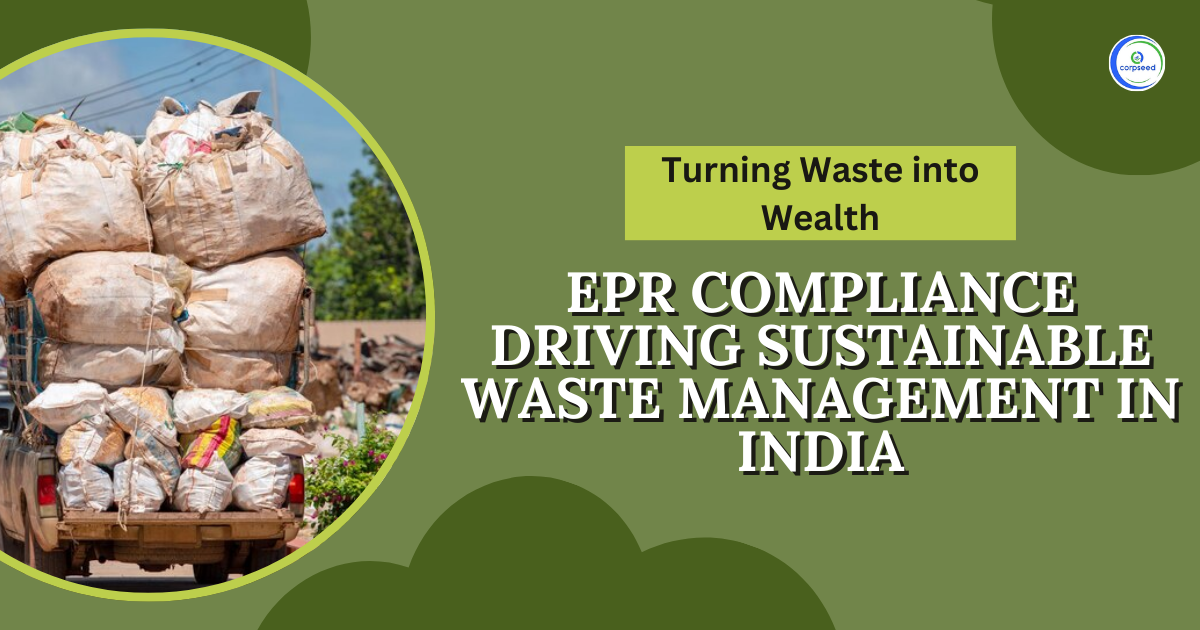Introduction: EPR in Plastic Waste
Plastic has been one of the concern for the environment since the decades. Use of plastic is self-destruction humans bring upon themselves. It is about time, if we don’t take any steps to restrict the effect of plastic on the environment, it might get out of hand and it would become impossible to manage plastic waste keeping in regard the consumption of plastic in everyday needs and population who use plastic for their needs. Researchers around the globe have termed it as the crisis of the century and many developing countries have implemented policies to minimise the use of plastic and its effective recycling policies to combat this crisis for a better tomorrow.
Belgium, Czech Republic, Ireland, Italy, France, Norway, Netherlands, Spain, Portugal have implemented this scheme where obliged industries ought to create one common non-profit entity that collects the funding, corporates with local authorities and ensures recycling in a cost-efficient way. The United Kingdom follows a model where a customer, while purchasing a product pays the price of the product but a fraction may be reserved with the shopkeeper until the container of the item is returned.
European Commission’s model was to have all member states recycle one fourth of their total packaging material. But for a country like India one single model on EPR would not work. Therefore, it was suggested by the ministry that apart from the fee based model, PRO based model will also become part of overall implementation of EPR. And any individual producer/importer/brand owner’s project for the management of plastic waste under EPR compliance would be appreciated. India has also initiated the process to combat the crisis and in lieu of that, incorporated responsibilities for the local bodies, waste generators, producers, importers and brand owners, retailers, street vendors.
Producers Are Responsible That
The they, either individually or collectively, through their own distribution channel or through the local body concerned are responsible for waste collection system based on Extended Producers Responsibility and involving State Urban Development Departments within a period described by the government i.e. six months from the date of publication of these rules.
Those who introduce product in the market are responsible for collection of used multi-layered plastic sachet or pouches or packaging. A system must be established to collect back the plastic waste generated due to their products. This plan of collection ought to be submitted to the State Pollution Control Boards along with an application to Establish or Operate or Renewal. Exception to the Brand Owners whose consent has been renewed has been provided that they may submit such plans within one year from the date of notification and implement such plan within two years.
- Two year time has been provided to phase out any manufacture and use of non-recyclable multi-layered plastic if any.
- The producer shall take permission from the Pollution Control Board or the Pollution Control Committee, as the case may be, of the States or the Union Territories administration concerned.
- Producers are restricted to use any plastic or multi-layered packaging for packaging of commodities, if permission by way of registration is not obtained from the concerned State Pollution Control Board or the Pollution Control Committees, on and after the expiry of a period of Six Months from the date of final publication of these rules in the Official Gazette.
- A record of details of the persons engaged in supply of plastic used as raw material to manufacture carry bags or plastic sheet or like or cover made of plastic sheet or multi-layered packaging is now mandatory to maintain by the producer.
The primary responsibility of the collection and segregation and final disposal of the plastic waste is with the Local Bodies and to facilitate the working of such bodies some regulations have been implemented by the government.
- Local body are responsible for Development and setting up of infrastructure for segregation, collection, storage, transportation, processing and disposal of the plastic waste, though they are permitted to take help from engaging agencies or producers.
- Another responsibility of local bodies are setting up, operationalization and coordination of the waste management system and performance of other associated functions, namely:- (a) Ensuring segregation, collection, storage, transportation, processing and disposal of plastic waste; (b) ensuring that no damage is caused to the environment during this process; (c) ensuring channelization of recyclable plastic waste fraction to recyclers; (d) ensuring processing and disposal on non-recyclable fraction of plastic waste in accordance with the guidelines issued by the Central Pollution Control Board; (e) creating awareness among all stakeholders about their responsibilities; (f) engaging civil societies or groups working with waste pickers; and (g) ensuring that open burning of plastic waste does not take place.
- The local body shall seek producer’s assistance for setting up of system for plastic waste management, but is mandatory to set up within one year from the date of final publication of these rules.
- The local body shall frame bye-laws incorporating the provisions of these rules.
For efficient disposal of plastic waste government have made mandatory the registration of producer recycler and manufacturer. All the existing legislation regarding registration is that:-
- Prohibition of manufacture of carry bags or recycling of plastic bags or multi layered packaging without obtaining a registration, prior to the commencement of production, from the State Pollution Control Board or the Pollution Control Committee of the Union Territory concerned.
- An application to the State Pollution Control Board or the Pollution Control Committee of the Union territory concerned for the purpose of registration or renewal of registration is mandatory.
- Prohibition of recycling or processing waste or proposing to recycle or process plastic waste without prior permission from the State Pollution Control Board or the Pollution Control Committee. An application can be filed for grant of registration or renewal of registration for the recycling unit, in Form II.
- Restrictions on the manufacturer of plastic to be used as raw material by the producer by State Pollution Control Board or the Pollution Control Committee of the Union territory concerned, without prior permission. The application can be filed for registration or for the renewal of registration, in Form III.
- Restriction on the State Pollution Control Board or the Pollution Control Committee to not to issue or renew the registration to plastic waste recycling or processing units without a valid consent from the Water (Prevention and Control of Pollution) Act, 1974 (6 of 1974) and the Air (Prevention and Control of Pollution) Act, 1981 (14 of 1981) along with a certificate of registration issued by the District Industries Centre or any other Government agency authorised in this regard.
- Restriction on the State Pollution Control Board or the Pollution Control Committee, that they shall not renew registration of producer if the producer does not possesses an action plan endorsed by the Secretary in charge of Urban Development of the concerned State or Union Territory for setting of plastic waste management system.
- The State Pollution Control Board may, after such inquiry as it considers necessary and on being satisfied that the application is complete is all respects for the registration for recycling or processing of plastic waste and that the applicant possesses appropriate facilities, technical capabilities and equipment to handle plastic waste safely, may grant registration to the applicant on fulfilment of the conditions as may be laid down in terms of registration.
- Every State Pollution Control Board or Pollution Control Committee shall take a decision on the grant of registration within ninety days of receipt of an application.
- The registration granted under this rule shall initially be valid for a period of one year, unless revoked, suspended or cancelled and shall subsequently be granted for three years.
- State Pollution Control Board or the Pollution Control Committees shall not revoke, suspend or cancel registration without providing the opportunity of a hearing to the producer or person engaged in recycling or processing of plastic wastes.
- Every application for renewal of registration shall be made at least one hundred twenty days before the expiry of the validity of the registration certificate.
Retailers and street vendors are restricted from certain things like they shall not sell or provide commodities to consumer in carry bags or plastic sheet or multi layered packaging, which are not manufactured and labelled or marked, as per prescribed under these rules. And if found using or selling, must be liable to pay fine as specified by the bye-laws of the local bodies.
Government has taken all the necessary steps to prevent the environment from being polluted by plastic waste. But government can only make rules but to implement them in our daily life is our responsibility and that only can prevent the environment from further destruction.
This portion of the site is for informational purposes only. The content is not legal advice. The statements and opinions are the expression of author, not corpseed, and have not been evaluated by corpseed for accuracy, completeness, or changes in the law.
BOOK A FREE CONSULTATION
Get help from an experienced legal adviser. Schedule your consultation at a time that works for you and it's absolutely FREE.
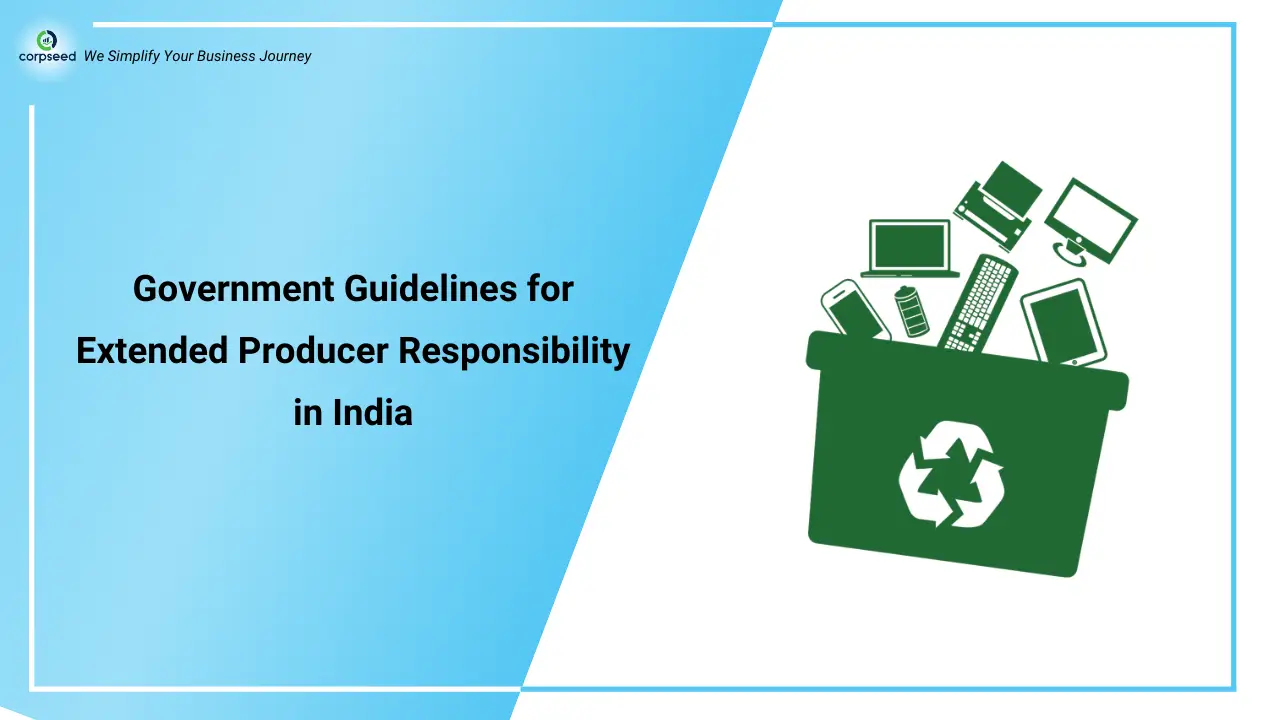

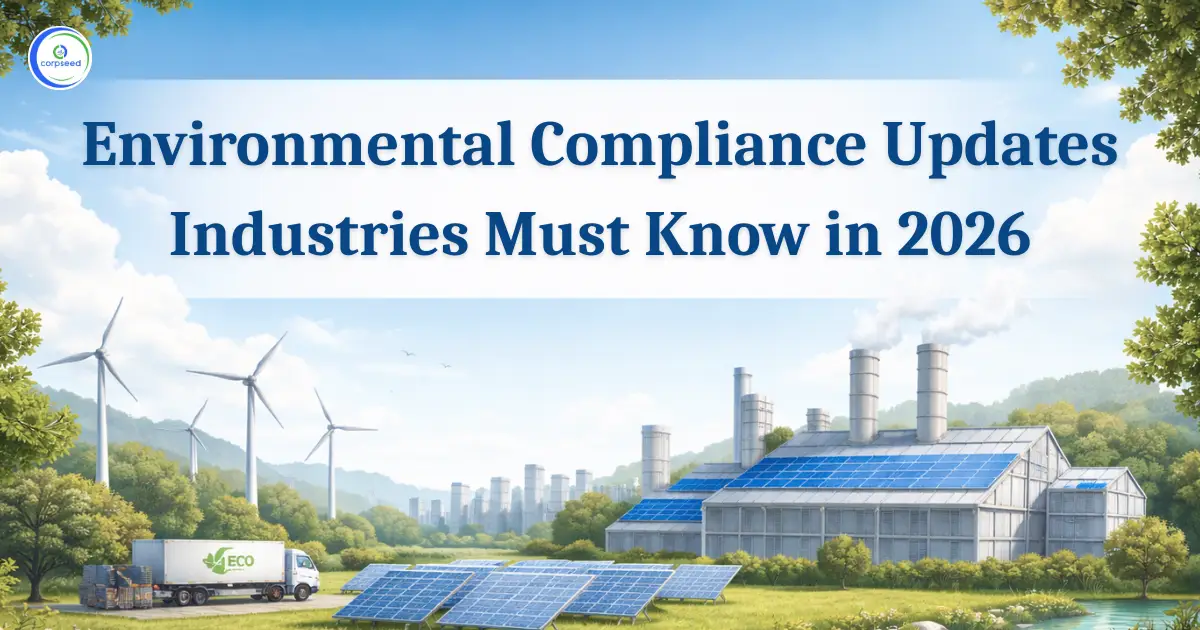
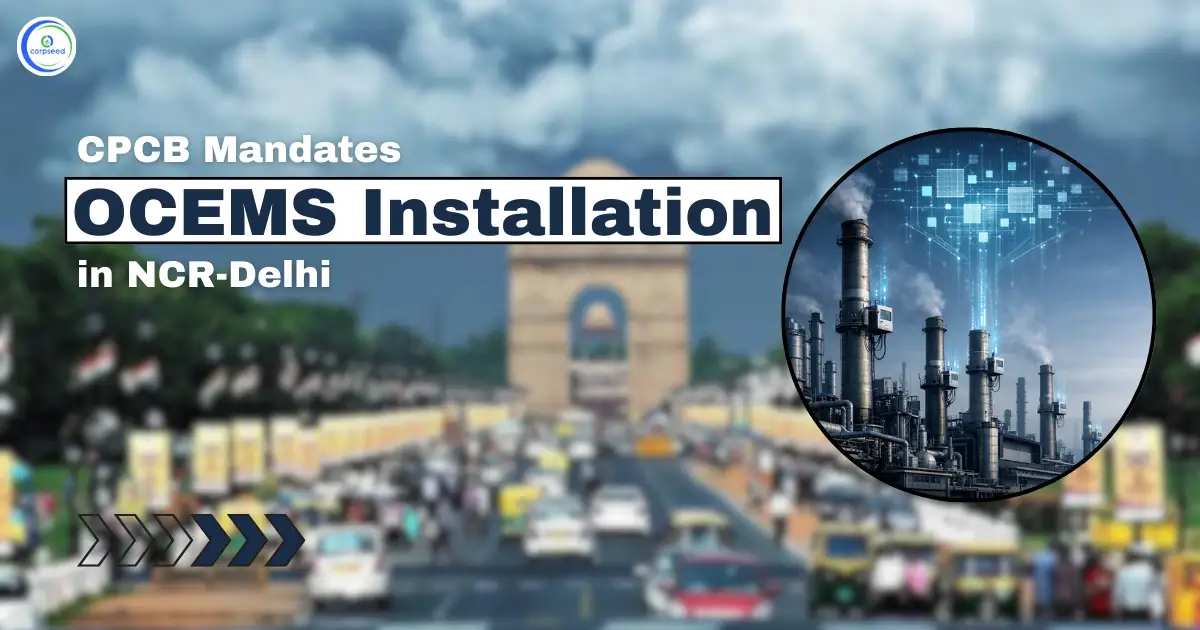
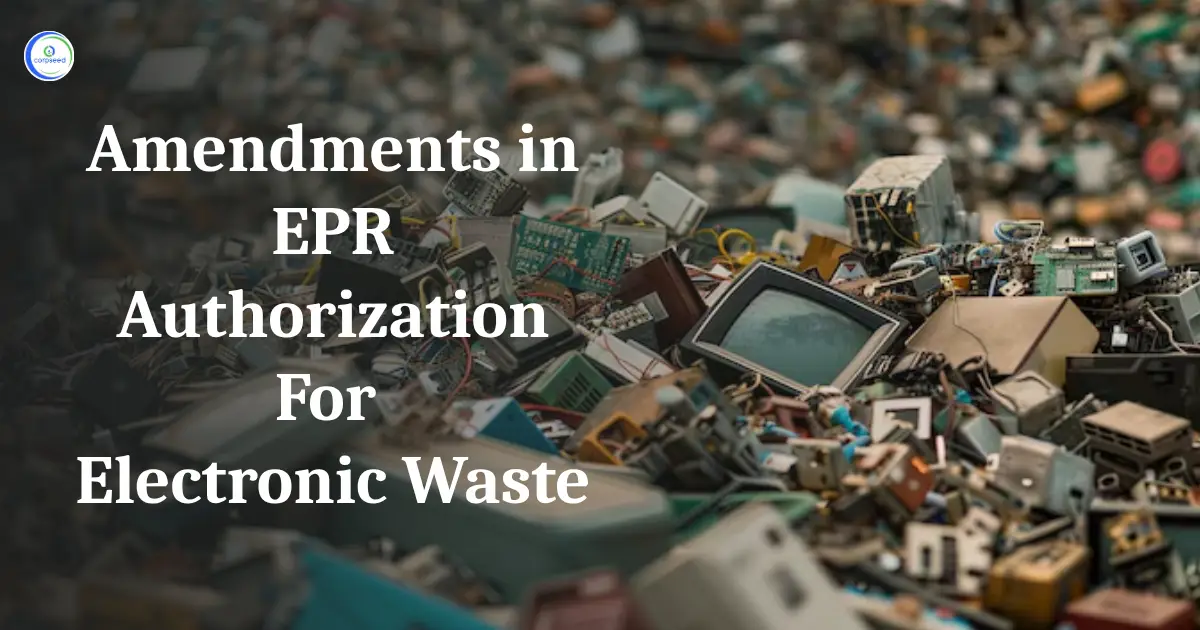
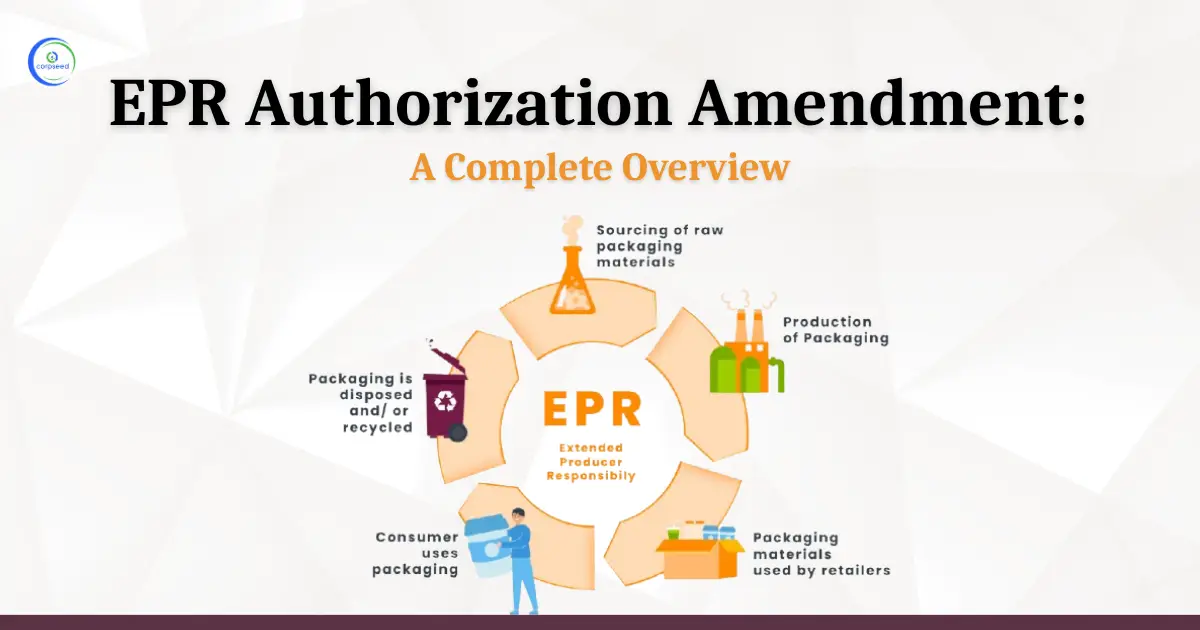
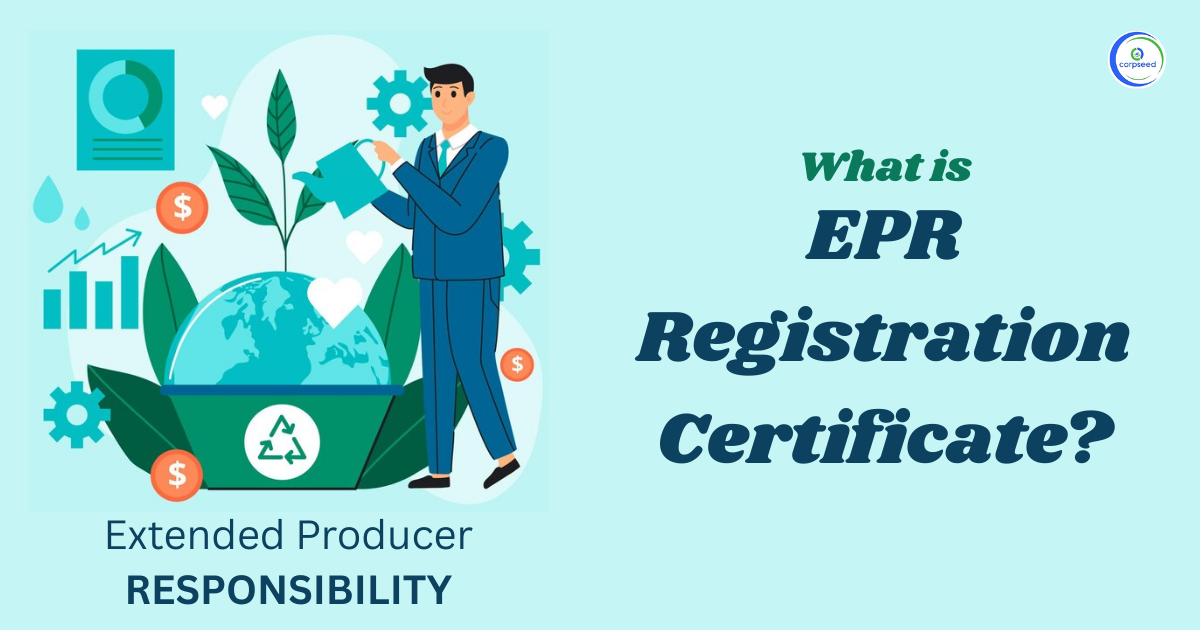
.webp)
